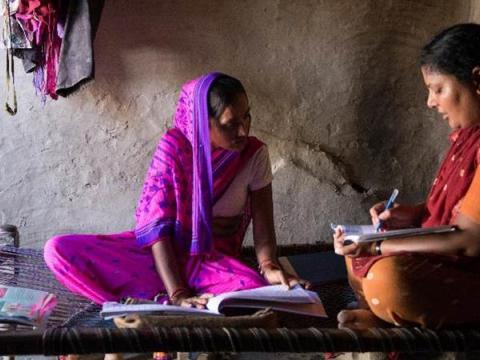Expanding global impact through Community Health Workers: progress and challenges in counting CHWs

The rapid scale-up of CHWs has been recognized as a global priority in achieving universal health care in the hardest to reach communities and health workforce crisis settings. In 2013, World Vision made a global commitment to support harmonization efforts in the scaling up of CHWs through National CHW programs where most needed. Since then World Vision has been at the forefront in supporting alignment to the Harmonization Framework for frontline health workers, through government and partner engagement. This process has involved monumental efforts in order to harmonize CHW programs across one of the largest, and previously most decentralized global NGOs, and also to surpass our own targets in supporting 220,000 CHWs globally.
Having accurate data on numbers of active CHWs is a critical part of enabling countries to manage the CHW workforce and maximize their impact. Part of that ‘journey to scale’ has included refining data systems to deal with the diversity of CHW cadres, policies, definitions and scope of work. Frontline Health Workers Coalition argued the importance of more clearly defining and counting CHWs to make data-driven decisions about community health service delivery, presented at Health Systems Global in 2014. Since then, World Vision has rolled out standardized monitoring and explored the feasibility of counting CHWs using this proposed methodology, through a Global CHW Census conducted in 48 country programs. The report and presentation by Polly Walker at elaborates on World Visions strategy for harmonization at scale.
More on World Vision CHW Programmes - Click HERE, or contact health@wvi.org

